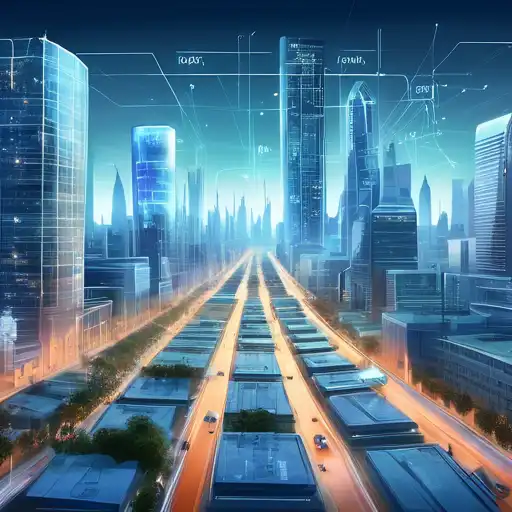Introduction to IoT and Smart Cities
The Internet of Things (IoT) is revolutionizing the way cities operate, making them smarter and more efficient. By connecting devices and systems across urban environments, IoT technology enables real-time data collection and analysis, leading to improved public services, reduced environmental impact, and enhanced quality of life for residents.
Key Areas Where IoT is Making an Impact
From traffic management to waste collection, IoT is transforming various aspects of city living. Here are some of the key areas where IoT is making a significant difference:
- Traffic and Transportation: IoT sensors and smart traffic lights optimize traffic flow, reducing congestion and pollution.
- Energy Management: Smart grids and meters help in efficient energy use, lowering costs and carbon footprints.
- Public Safety: Surveillance cameras and emergency response systems enhance security and safety.
- Waste Management: Smart bins and collection routes improve efficiency in waste disposal.
Benefits of IoT in Urban Development
The integration of IoT into city infrastructure offers numerous benefits, including:
- Enhanced efficiency in public services
- Reduced operational costs
- Improved sustainability and environmental protection
- Greater citizen engagement and satisfaction
Challenges and Considerations
Despite its advantages, the implementation of IoT in smart cities faces several challenges, such as data privacy concerns, high initial investment costs, and the need for robust cybersecurity measures. Addressing these issues is crucial for the successful adoption of IoT technologies.
Future Prospects
The future of smart cities looks promising, with continuous advancements in IoT technology. Innovations like 5G networks and AI are expected to further enhance the capabilities of smart cities, making them more connected and intelligent.
For more insights into how technology is shaping our future, explore our articles on technology trends and sustainable development.
Conclusion
IoT is at the heart of the smart city revolution, offering solutions to many urban challenges. By leveraging this technology, cities can become more livable, sustainable, and efficient, paving the way for a brighter future.
